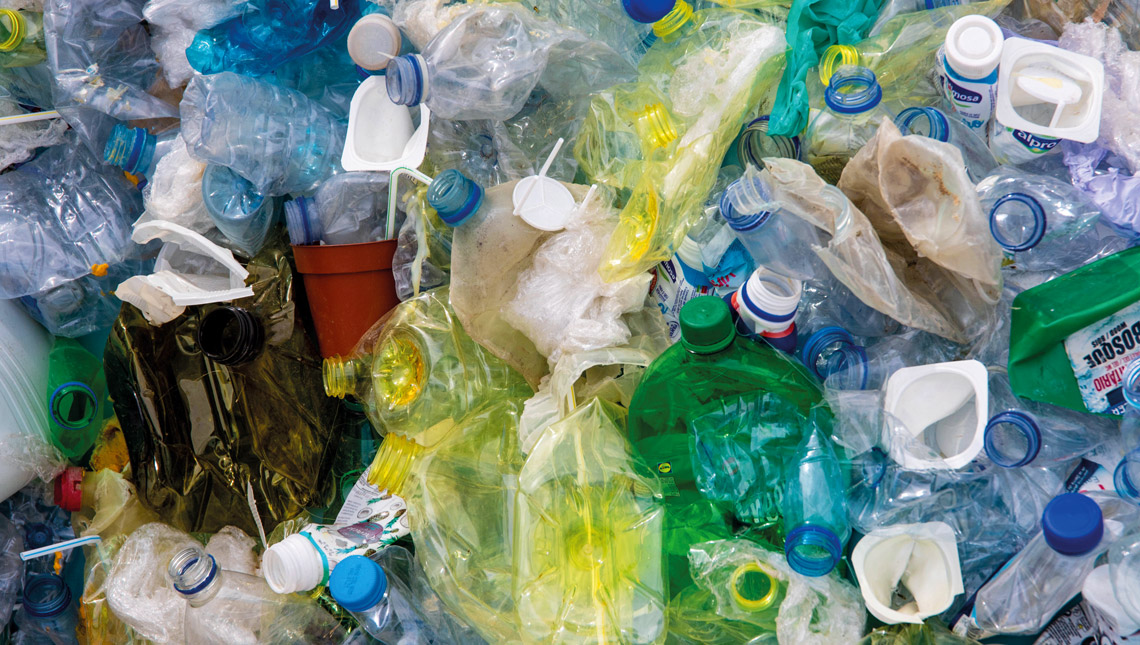Nineteen strains of bacteria and 15 of fungi from the Swiss Alps and the north of Greenland proved capable of digesting plastics at 15 degrees Celsius (oC). Others have already been identified, but they only worked at temperatures above 30 oC, making their application difficult. Researchers from the Swiss Federal Institute for Forest, Snow, and Landscape Research (WSL) found the organisms growing on loose or buried plastics that were placed in the Alps or the Arctic for a year. They then tested them in the lab to see exactly which plastics they could digest. None of the strains was able to digest nonbiodegradable polyethylene, even after 126 days of incubation, but 11 species of fungi and 8 bacteria broke down biodegradable polyester-polyurethane and another 14 fungi and 3 bacteria were able to degrade mixtures of polybutylene adipate terephthalate and polylactic acid. Fungi of the genera Neodevriesia and Lachnellula were able to degrade all of the biodegradable plastic materials tested. The bacteria belonged to 13 genera in the Actinobacteria and Proteobacteria phyla (one of the categories for the scientific classification of living beings), and the fungi belonged to 10 genera in the Ascomycota and Mucoromycota phyla (Frontiers in Microbiology and The Guardian, May 10).
RepublishPollution
Plastic-eating microbes

Bacteria and fungi could potentially mitigate the impacts of plastic waste
Magda Ehlers / Pexels

